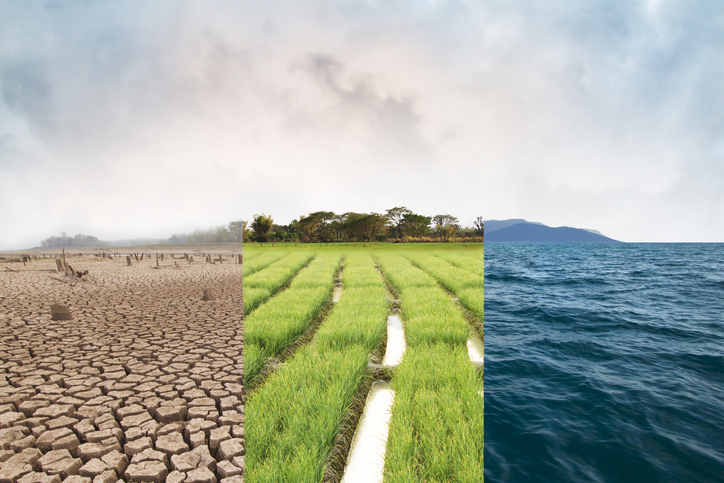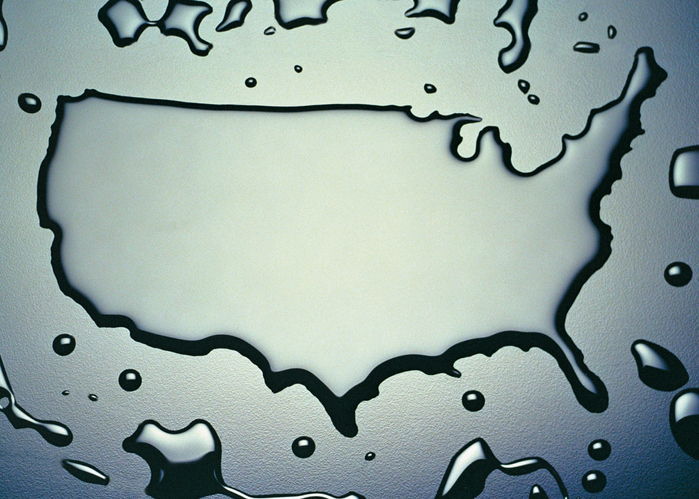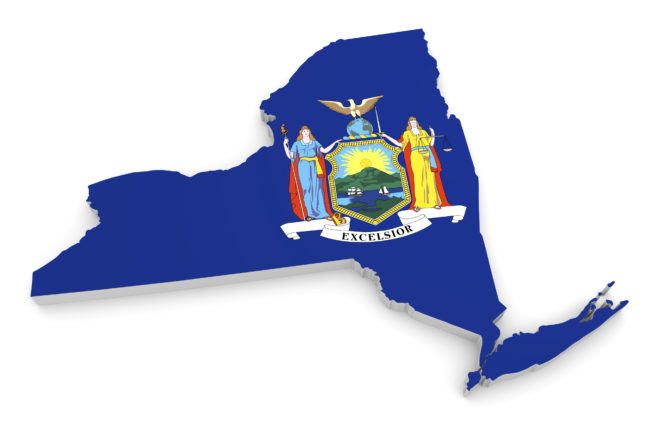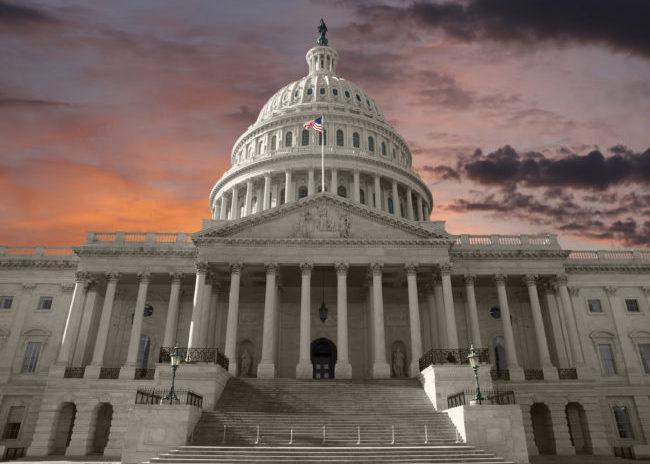On Dec. 9, 2019, Florida State Senator Joe Gruters introduced Florida Senate Bill 1190 for consideration in the 2020 legislative session that began on Jan. 13, 2020. The legislative intent of this bill is to “protect people from the health hazards of Legionella, a waterborne bacterium that is known to originate in improperly sanitized cooling towers.”
Legionella causes Legionnaires’ disease, a serious type of pneumonia that is contracted when susceptible individuals inhale water droplets or mist containing elevated levels of thebacteria. Even for those persons exposed …
Continue Reading









